True Crime
True Crime explores real-life criminal cases, focusing on the people involved, investigative processes, and broader social implications.
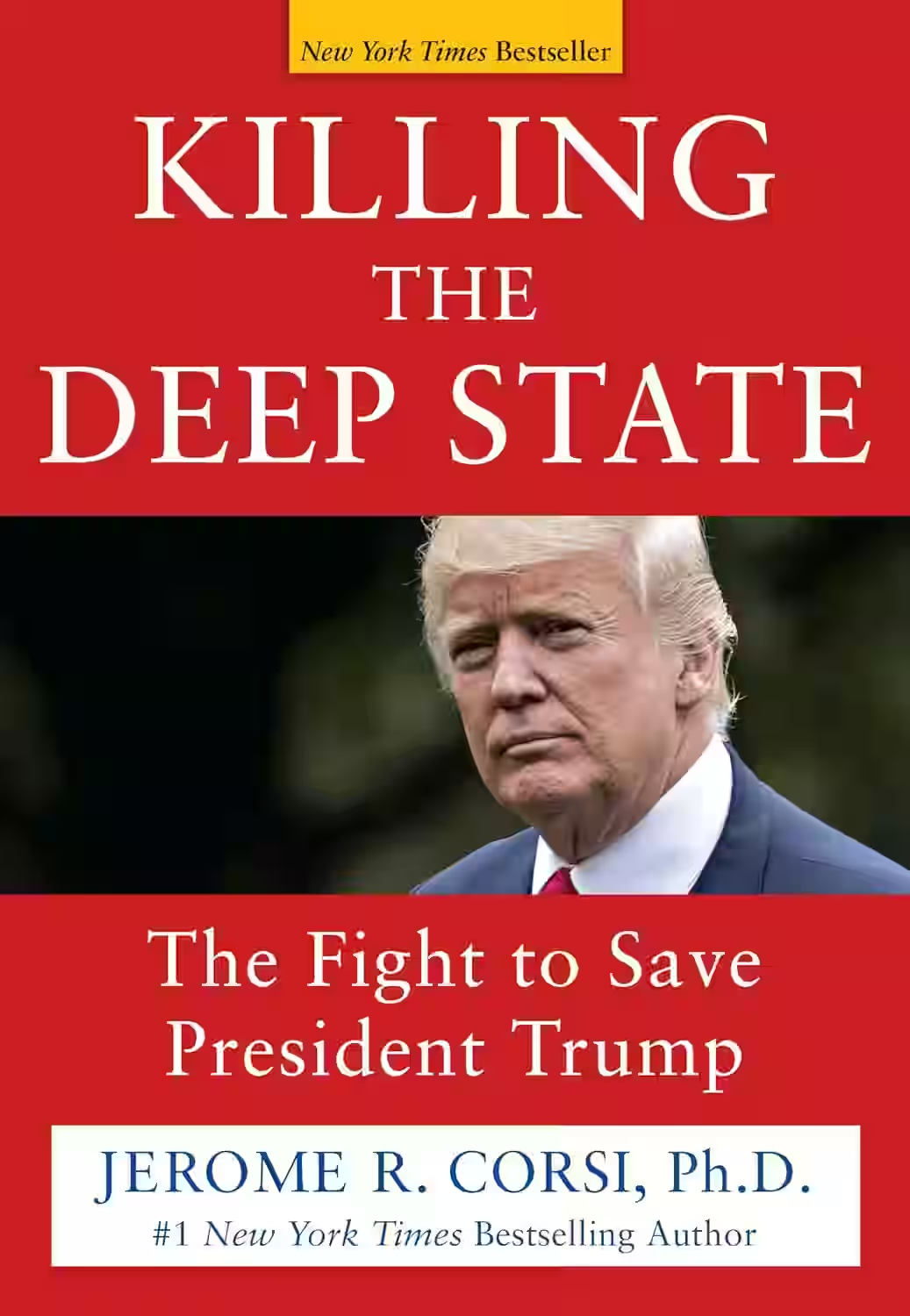
Killing the Deep State: The Fight to Save President Trump
In 'Killing the Deep State: The Fight to Save President Trump' by Jerome R. Corsi, readers are taken on a provocative journey through the murky world of politics and power struggles. The book delves into the alleged existence of a 'deep state' actively working against President Trump's agenda. Corsi weaves together conspiracy theories, alleged government corruption, and behind-the-scenes machinations in a gripping narrative that challenges readers to question the true nature of American democracy. While controversial and divisive, the book raises important questions about transparency and accountability in government. Whether you agree with its assertions or not, 'Killing the Deep State' is sure to spark debate and intrigue.
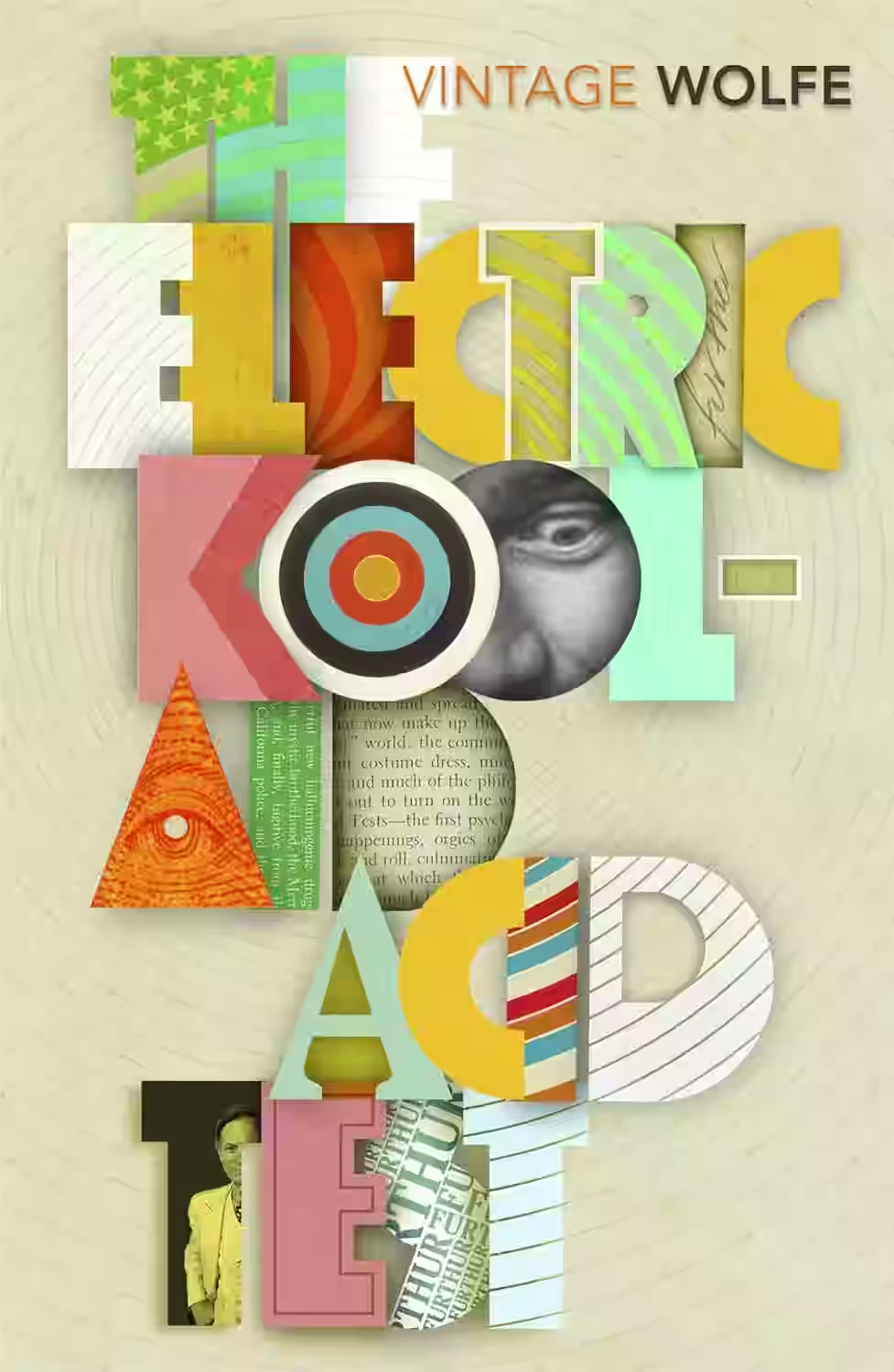
The Electric Kool-Aid Acid Test
by Tom Wolfe
In 'The Electric Kool-Aid Acid Test,' Tom Wolfe takes readers on a wild journey through the psychedelic 1960s counterculture, following author Ken Kesey and his Merry Pranksters as they embark on a cross-country trip on their psychedelic bus 'Furthur.' Wolfe immerses readers in the world of LSD-fueled experiences, artistic experimentation, and the clash between the establishment and the burgeoning hippie movement. Through Wolfe's immersive New Journalism style, the book explores themes of freedom, rebellion, and the search for higher consciousness. 'The Electric Kool-Aid Acid Test' is a seminal work that captures the zeitgeist of its era with vivid prose and unbridled energy.
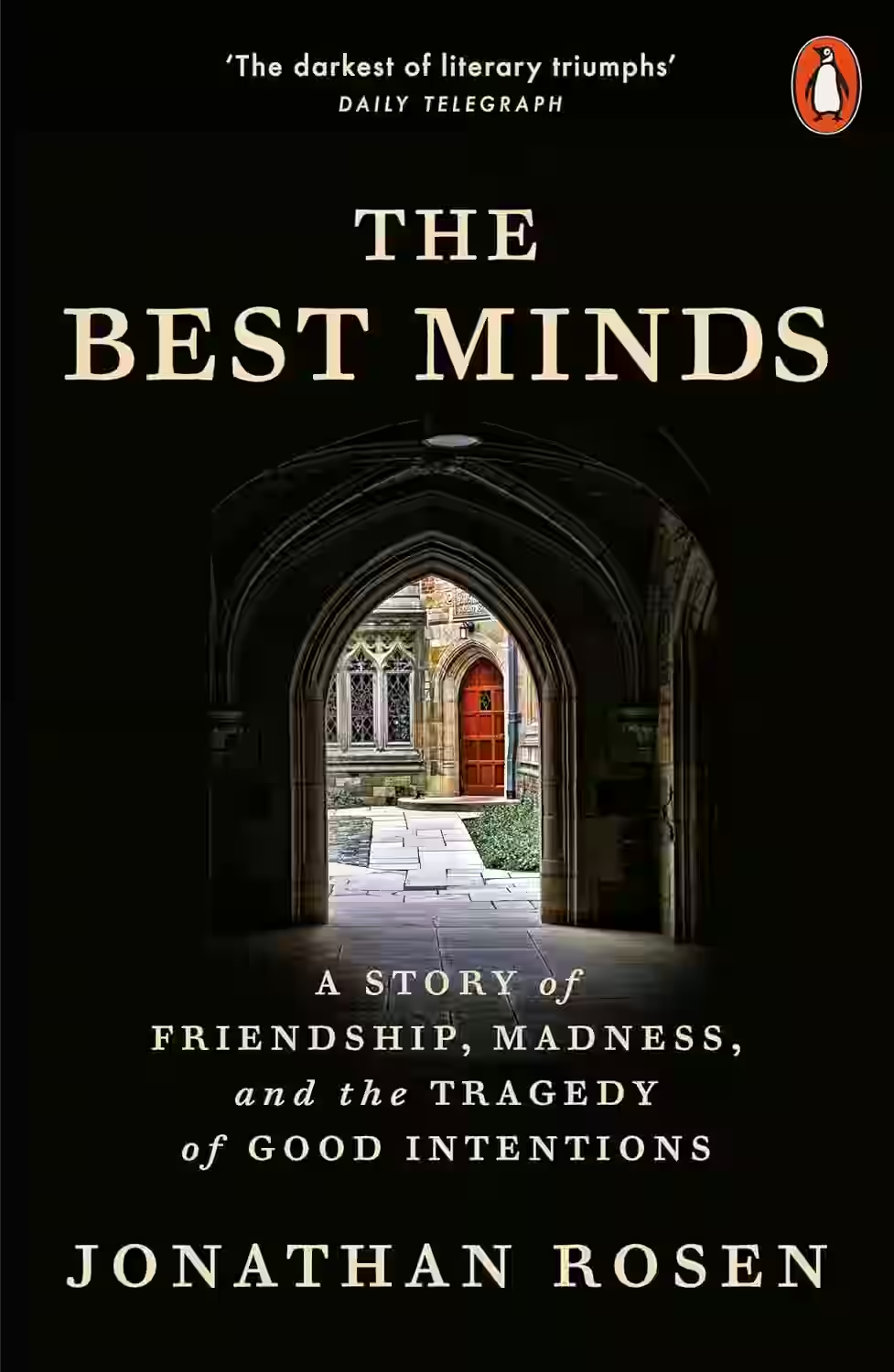
The Best Minds: A Story of Friendship, Madness, and the Tragedy of Good Intentions
A deeply personal memoir and cultural history, The Best Minds recounts Jonathan Rosen’s friendship with Michael Laudor, a brilliant Yale Law student whose promising future was shattered by schizophrenia. After a tragic murder committed during a psychotic break, Rosen confronts the failures of mental health care, societal stigma, and his own illusions. Blending biography, reportage, and philosophical inquiry, the book probes the tension between genius and madness, and the ethical limits of storytelling. The Best Minds is a haunting, compassionate examination of ambition, mental illness, and the tragic costs of a system that abandons its most vulnerable.
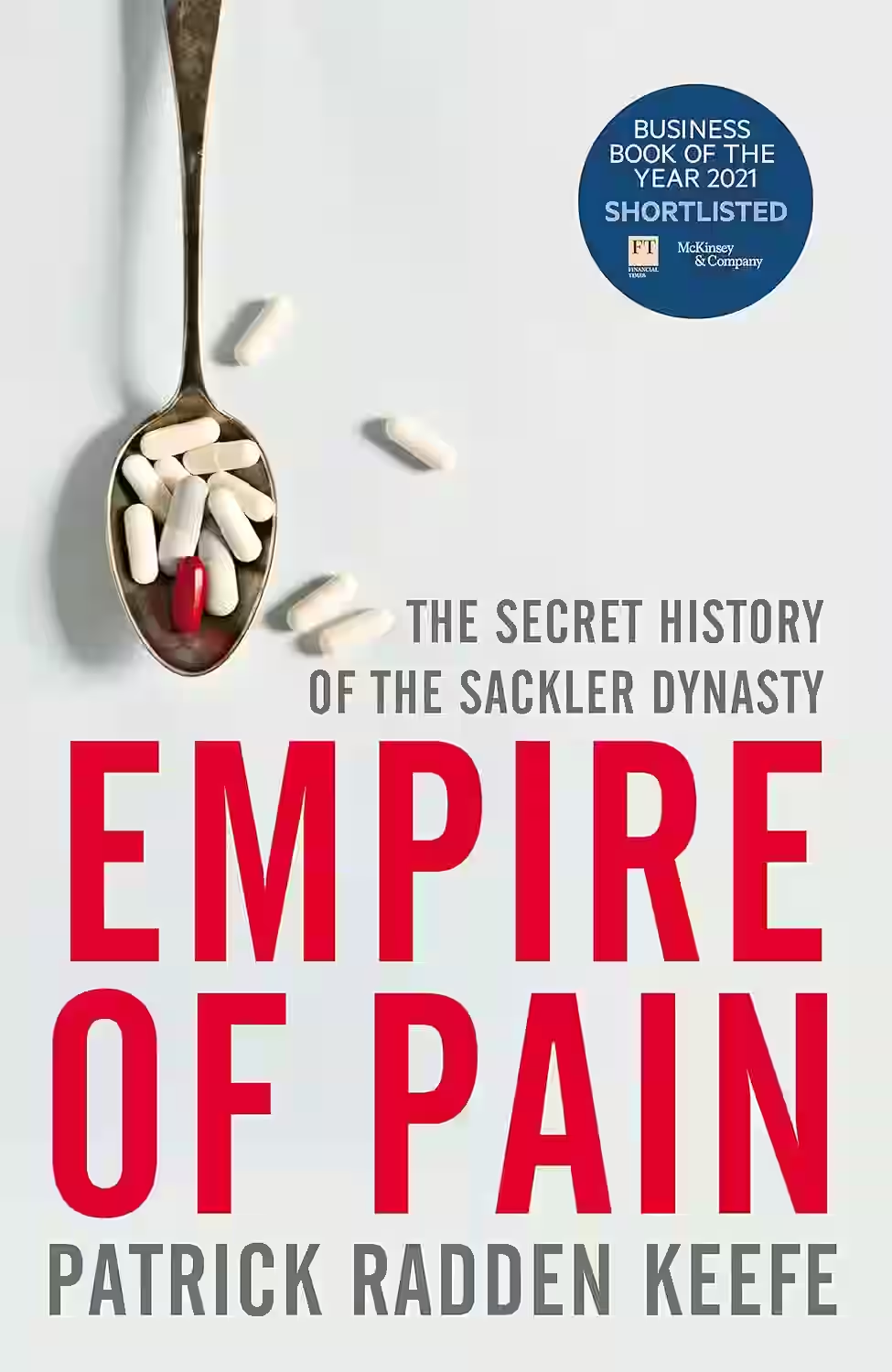
Empire of Pain
A searing investigation into the Sackler dynasty, whose pharmaceutical empire fueled America’s opioid crisis. From OxyContin’s aggressive marketing to legal evasions, Empire of Pain traces greed, power, and denial at the heart of a national tragedy. Keefe blends journalism and narrative skill to reveal how a powerful family shaped public health policy and profited from addiction.
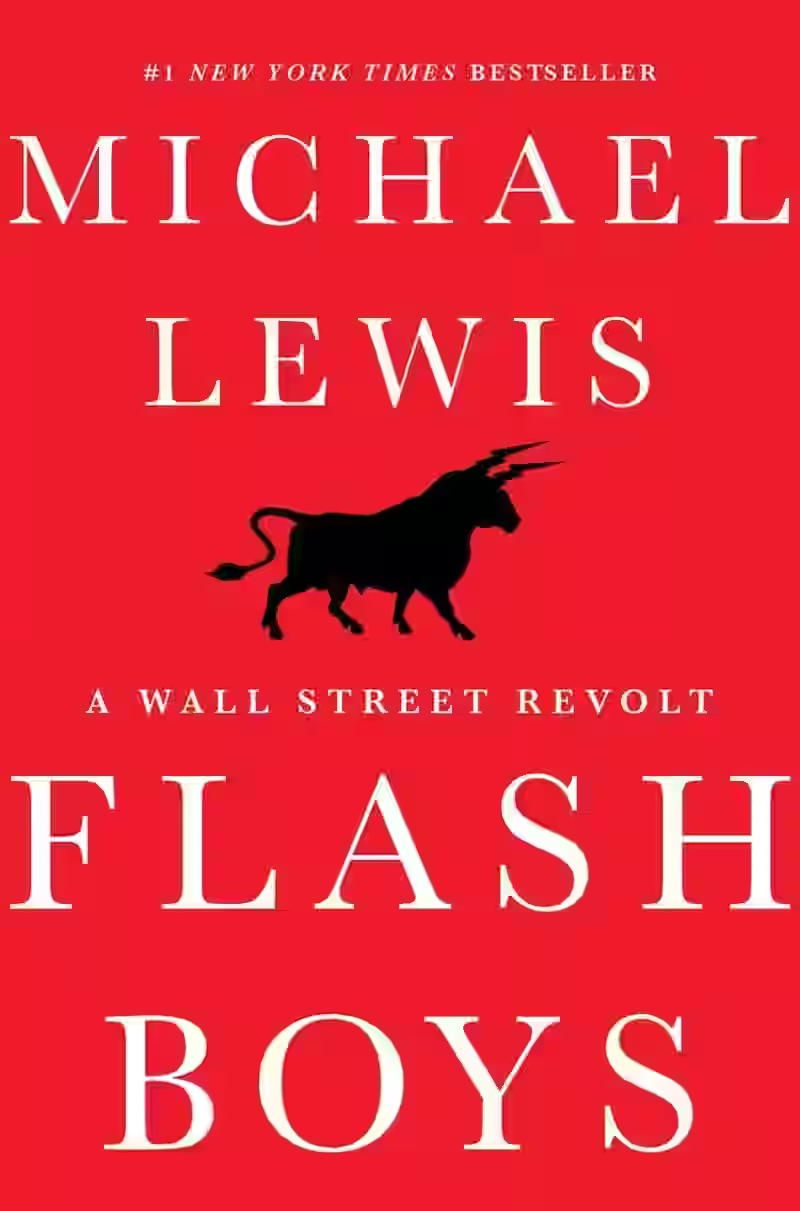
Flash Boys: A Wall Street Revolt
In 'Flash Boys: A Wall Street Revolt' by Michael Lewis, readers are taken on a gripping journey into the world of high-frequency trading and its impact on the financial markets. Lewis delves deep into the story of a group of Wall Street outsiders who uncover the unfair advantages held by high-frequency traders and set out to reform the system. The book explores themes of greed, manipulation, and the quest for justice in a complex financial landscape. With compelling storytelling and sharp analysis, Lewis sheds light on the dark corners of Wall Street, leaving readers questioning the ethics and practices of modern finance.
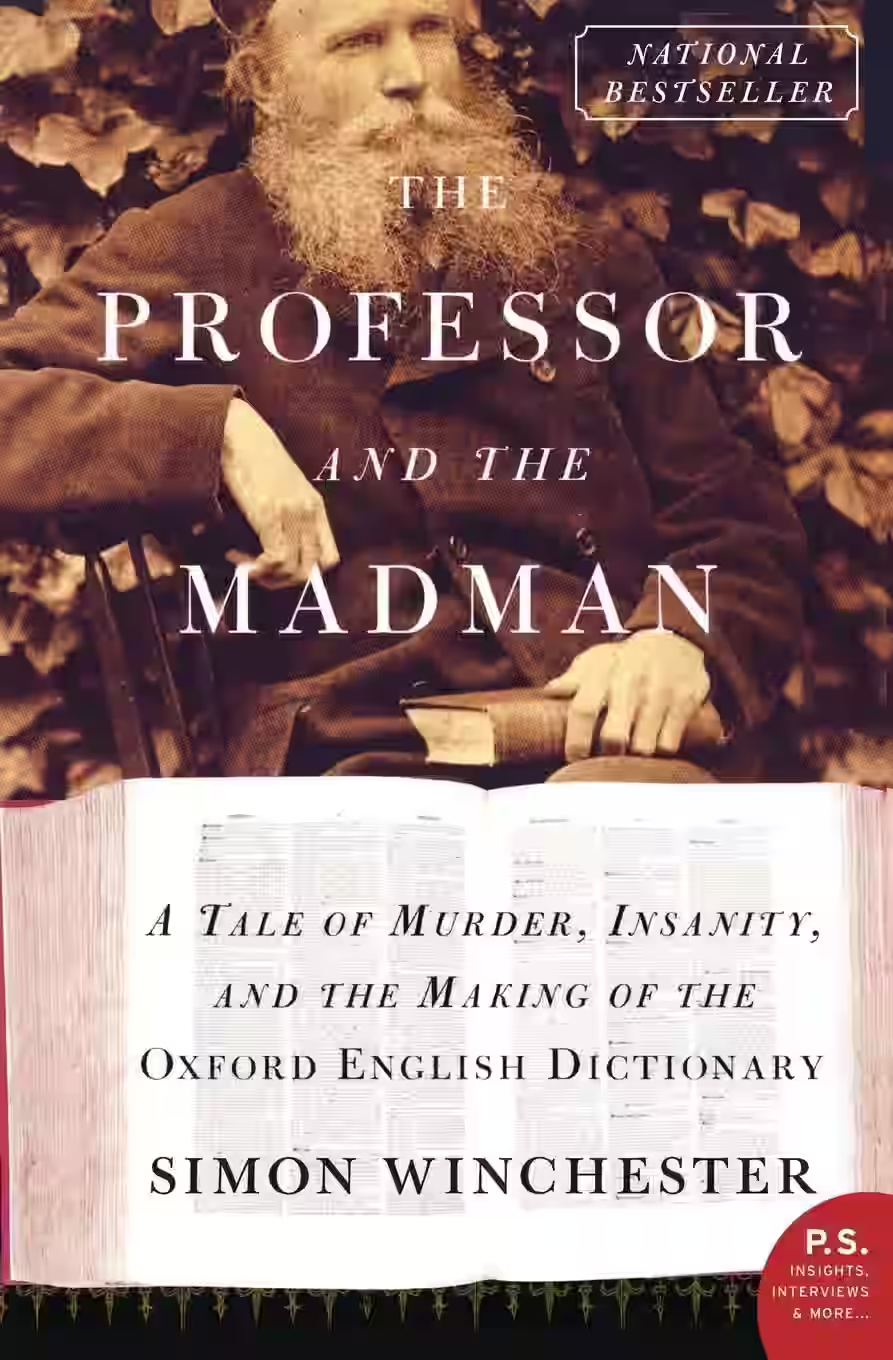
The Professor and the Madman
In 'The Professor and the Madman' by Simon Winchester, the author delves into the intriguing story behind the creation of the Oxford English Dictionary. The book follows the relationship between Professor James Murray and Dr. William Minor, a convicted murderer who contributed thousands of words to the dictionary while institutionalized. Winchester skillfully weaves together themes of language, madness, and humanity, offering a compelling narrative of two unlikely collaborators. Through meticulous research and vivid storytelling, he captures the essence of dedication, obsession, and the power of words. This non-fiction work engages readers with its historical richness and profound exploration of the complexities of human nature.
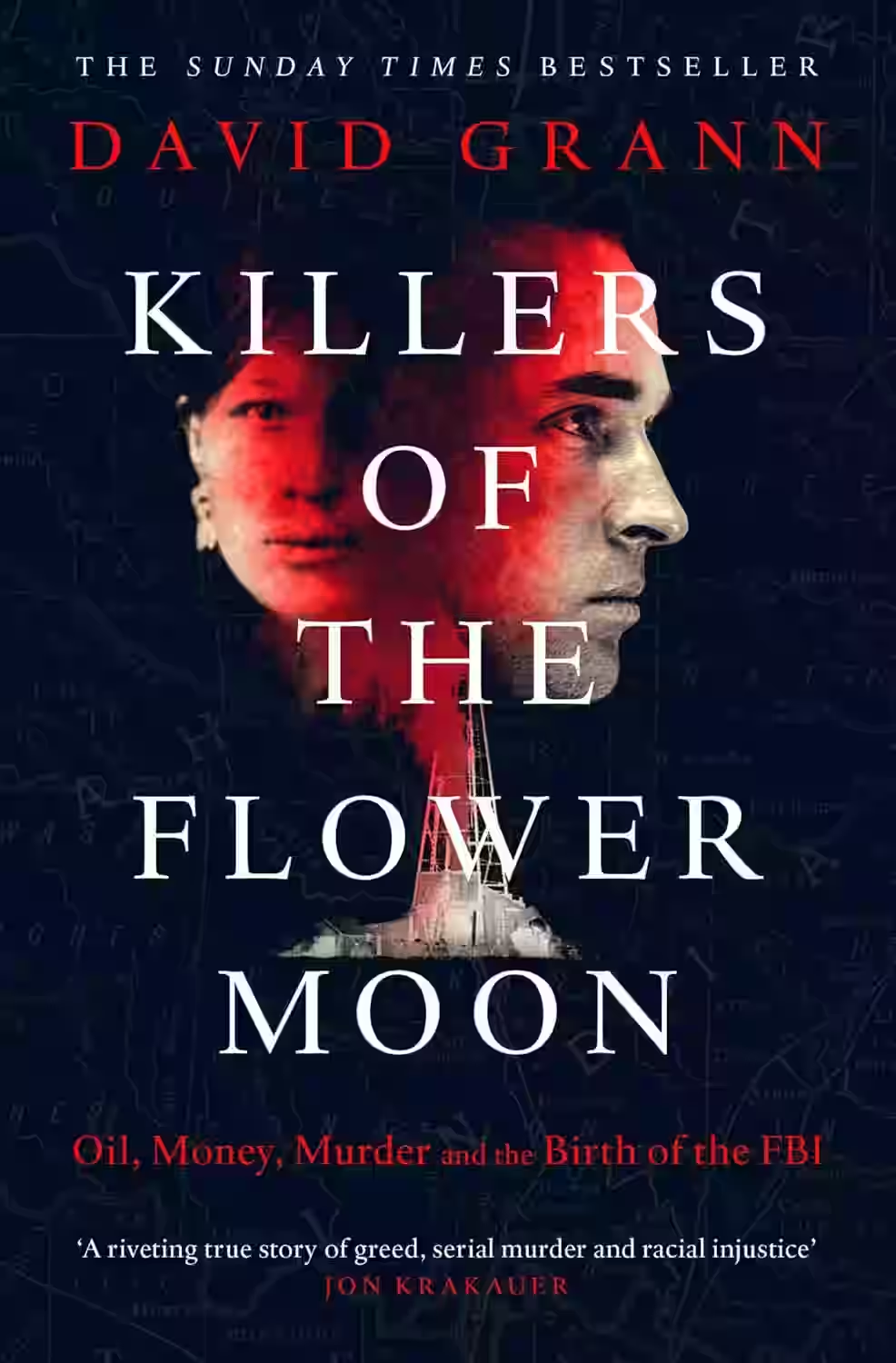
Killers of the Flower Moon
by David Grann
This gripping nonfiction work uncovers the chilling murders of Osage Nation members in 1920s Oklahoma, who were targeted for their oil wealth. As bodies piled up, the newly formed FBI took on the case—exposing a web of greed, racism, and corruption. Killers of the Flower Moon is a meticulously researched, suspenseful narrative that sheds light on a dark chapter of American history, blending true crime with a call for justice.
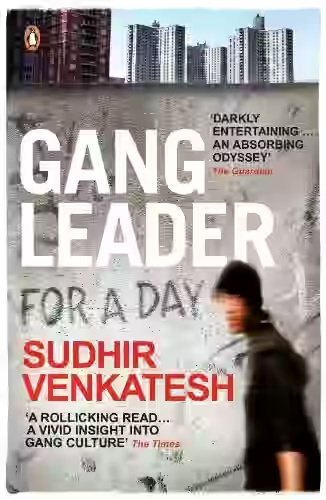
Gang Leader for a Day
In this gripping ethnographic memoir, sociologist Sudhir Venkatesh recounts his time embedded within a Chicago gang. Hoping to study urban poverty, he befriends a gang leader and gains unprecedented access to the daily operations of the Black Kings. What he finds is a complex underground economy and a surprising code of conduct. Venkatesh balances storytelling with sociological insight, humanizing gang members while exposing the systemic issues they face. Gang Leader for a Day is a powerful, eye-opening look at life in marginalized communities and how informal power and survival operate in America’s inner cities.
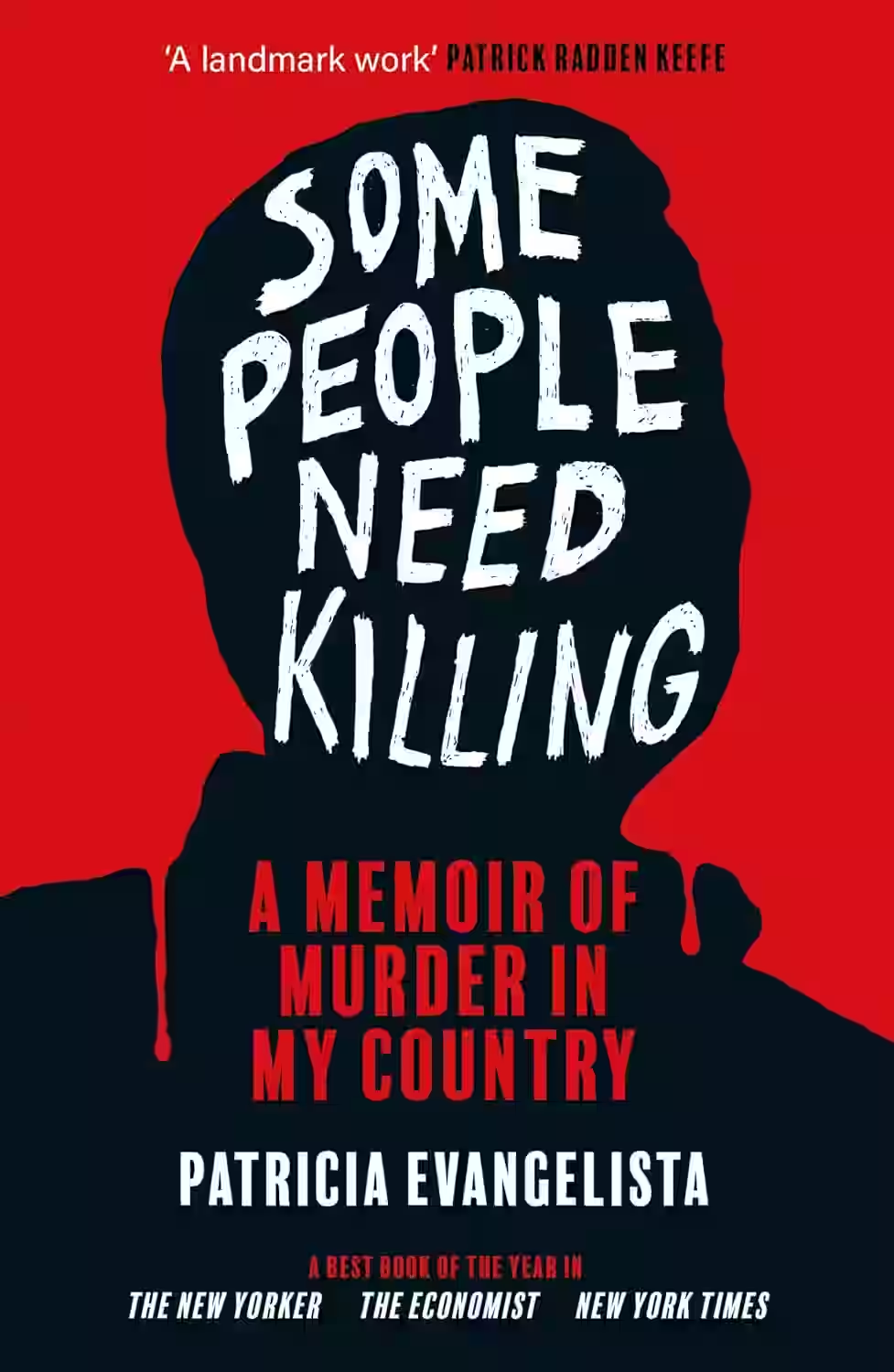
Some People Need Killing
In this harrowing and deeply reported memoir, journalist Patricia Evangelista documents Rodrigo Duterte’s brutal war on drugs in the Philippines. Drawing from years of firsthand reporting, Evangelista chronicles the violence, propaganda, and moral disintegration that defined a nation’s descent into authoritarianism. Through vivid narratives of victims, enforcers, and survivors, the book becomes a powerful indictment of state-sponsored killings and a meditation on fear, complicity, and resistance. Some People Need Killing is both a work of fearless journalism and a profoundly personal reckoning with truth and accountability in the face of terror.
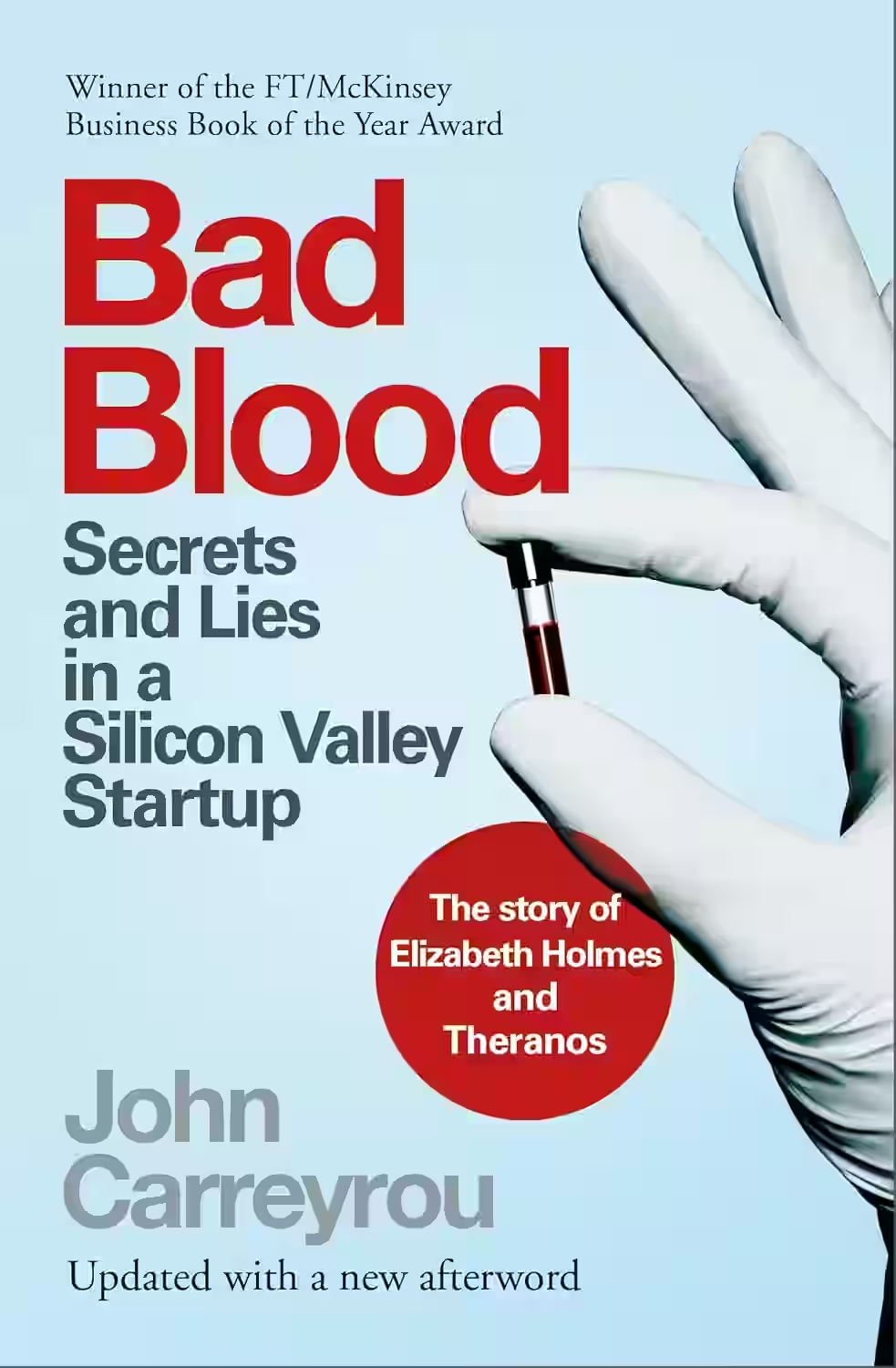
Bad Blood
In Bad Blood, investigative journalist John Carreyrou exposes the rise and fall of Theranos, a biotech startup led by Elizabeth Holmes that promised revolutionary blood-testing technology. Through meticulous reporting, Carreyrou uncovers a web of deception, corporate malfeasance, and the dangers of unchecked ambition in Silicon Valley. The book serves as a cautionary tale about the perils of startup culture and the importance of journalistic integrity in holding powerful entities accountable.
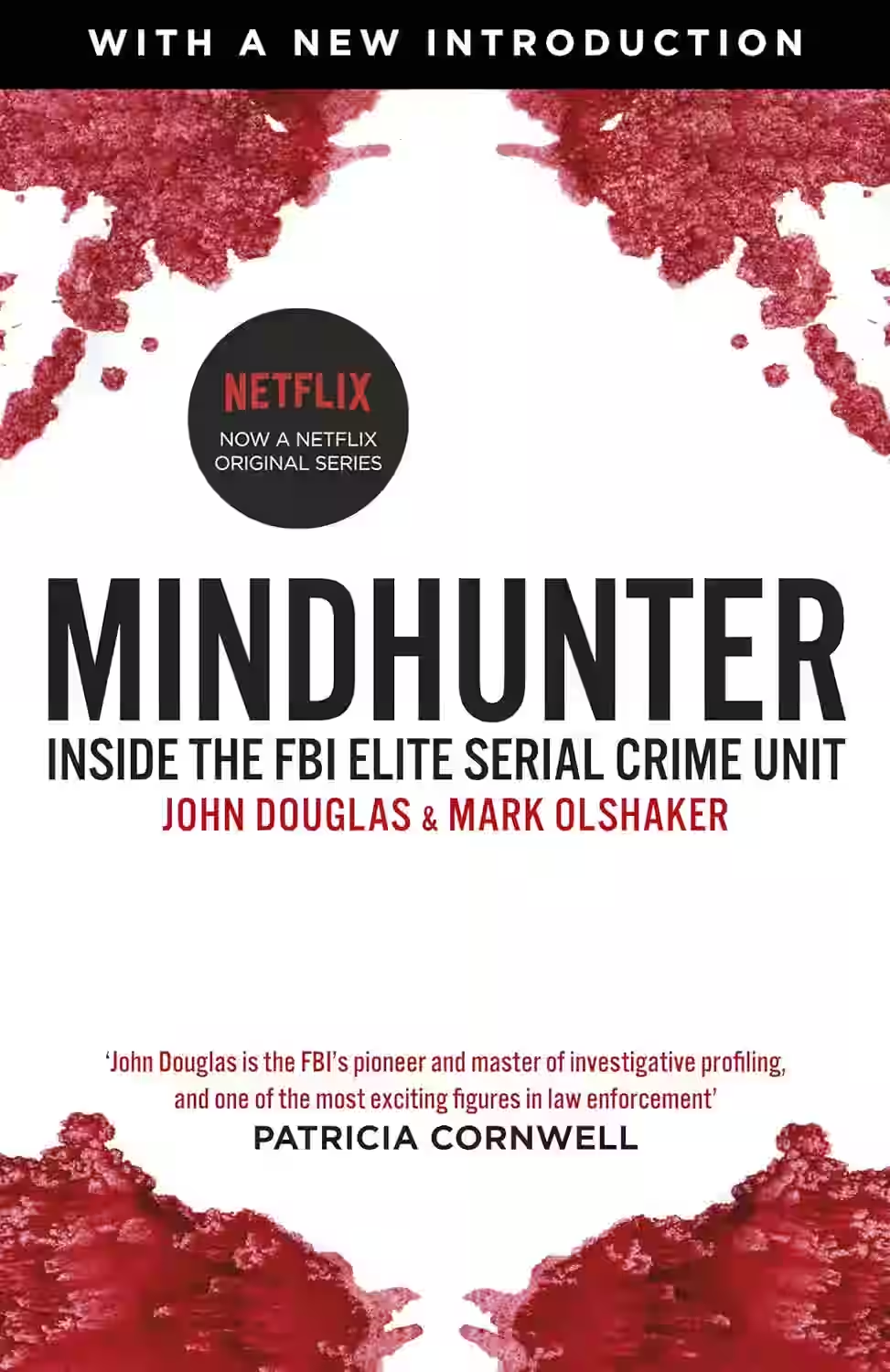
Mindhunter: Inside the FBI's Elite Serial Crime Unit
by John E. Douglas, Mark Olshaker
In 'Mindhunter: Inside the FBI's Elite Serial Crime Unit,' John E. Douglas takes readers on a gripping journey inside the minds of some of the most notorious serial killers. Through Douglas's experiences in the Behavioral Science Unit at the FBI, the book delves into the psychological profiles of criminals like Ted Bundy and Charles Manson, providing a chilling yet fascinating exploration of criminal behavior. Douglas's insights into criminal profiling and the development of the FBI's criminal investigative techniques make for a riveting read that offers a unique perspective on the world of law enforcement and psychology.
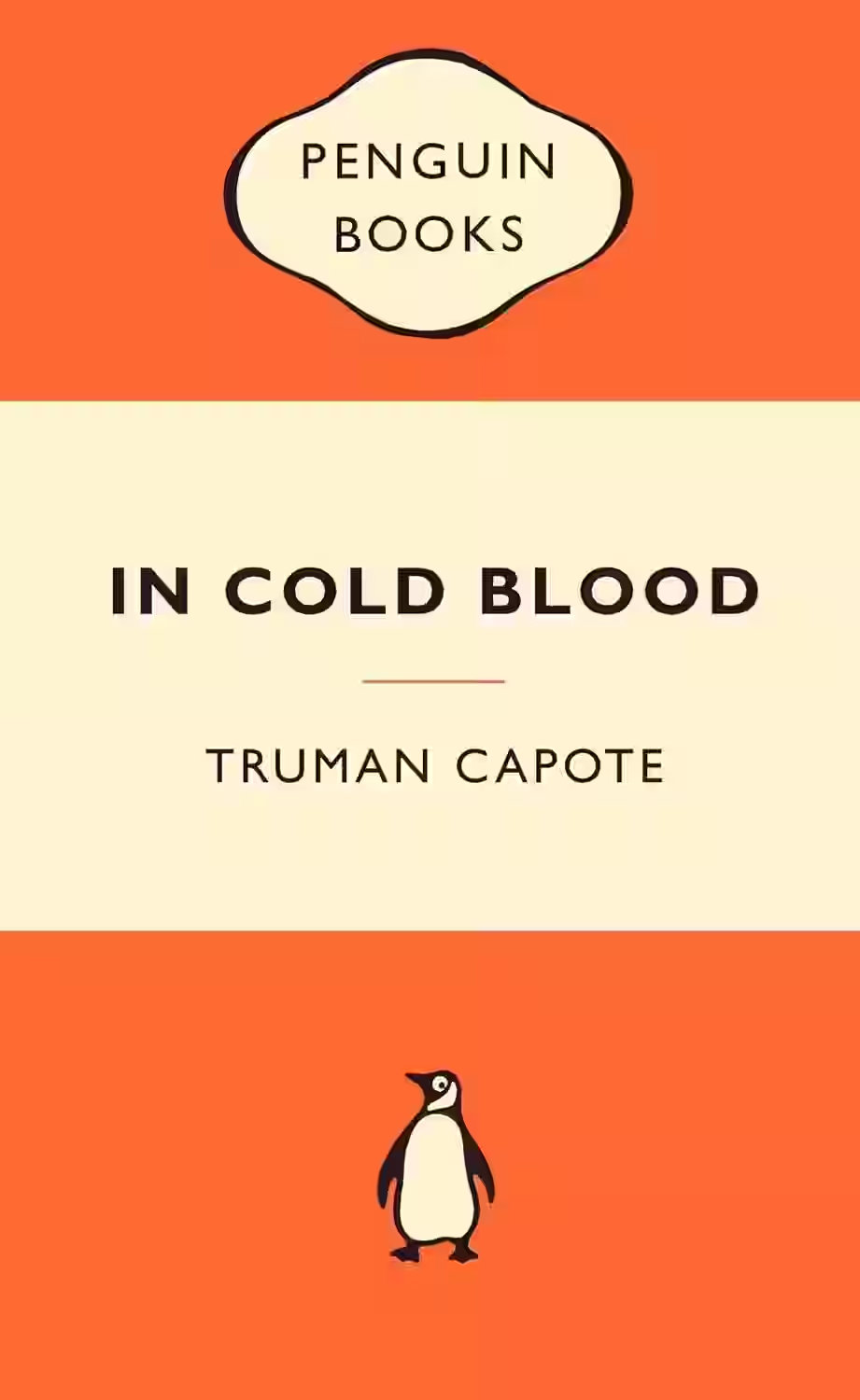
In Cold Blood
On November 15, 1959, in the small town of Holcomb, Kansas, four members of the Clutter family were savagely murdered by blasts from a shotgun held a few inches from their faces. There was no apparent motive for the crime, and there were almost no clues. In one of the first non-fiction novels ever written, Truman Capote reconstructs the murder and the investigation that led to the capture, trial, and execution of the killers, generating both mesmerizing suspense and astonishing empathy. In Cold Blood is a work that transcends its moment, yielding poignant insights into the nature of American violence.